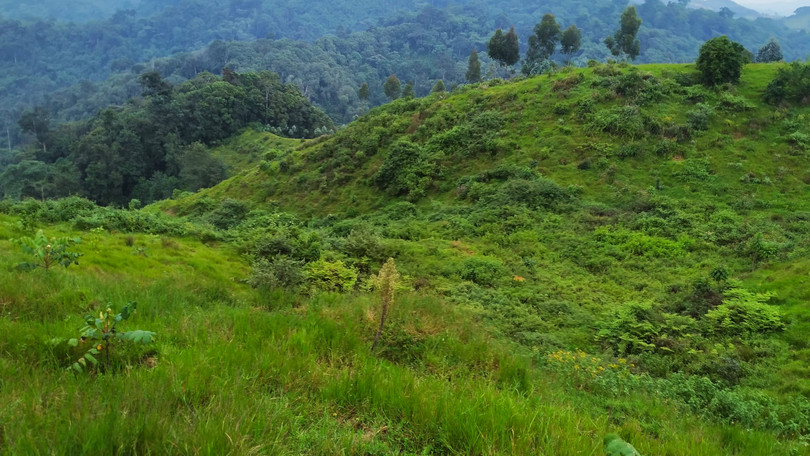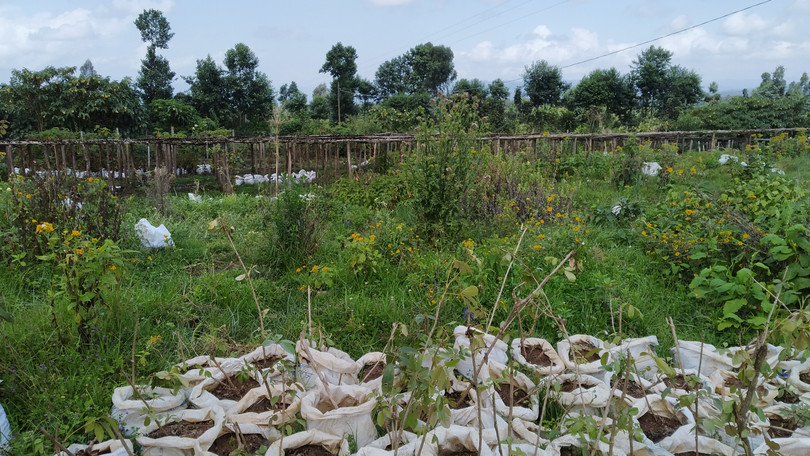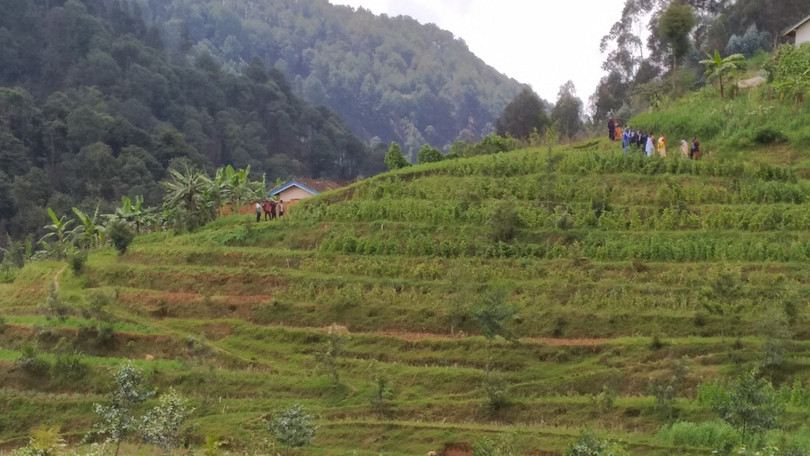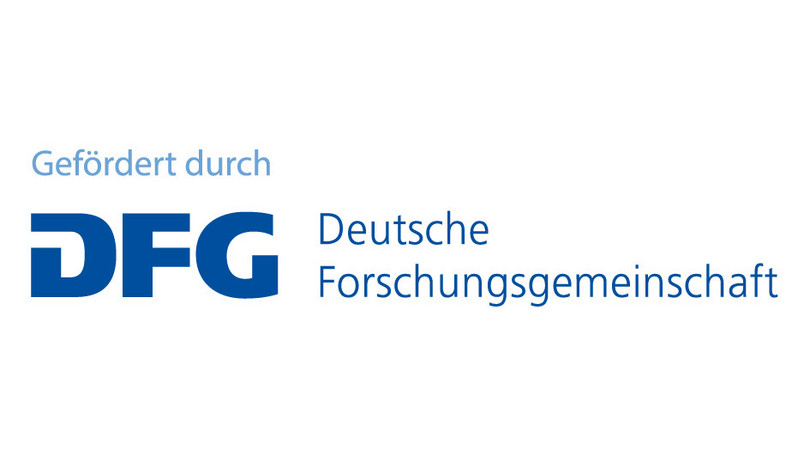Motivated by widespread and accelerating land degradation, biodiversity loss and human-induced climate change, ecosystem restoration has become a global priority. Yet, despite a surge in international attention, the ecological, social, and interlinked social-ecological consequences of major restoration initiatives remain poorly understood. The proposed research unit will approach ecosystem restoration from a social-ecological systems perspective to better understand the mechanisms involved in generating different restoration outcomes.
We will follow a place-based approach to social-ecological systems research that allows for an in-depth understanding of a particular landscape by integrating different disciplines while also generating valuable transferable knowledge for restoration of degraded ecosystems worldwide. Our work will focus on western Rwanda because of Rwanda’s role as a global restoration leader. The overarching goal of the proposed research unit is to develop a social-ecological systems approach to ecosystem restoration. We expect to gain general insights into ecological, social and social-ecological mechanisms underpinning restoration that can also be applied to other restoration settings. This way, the research unit contributes to restoration science and social-ecological systems research, directly benefits restoration activities in Rwanda and offers insights to advance restoration practice globally.




